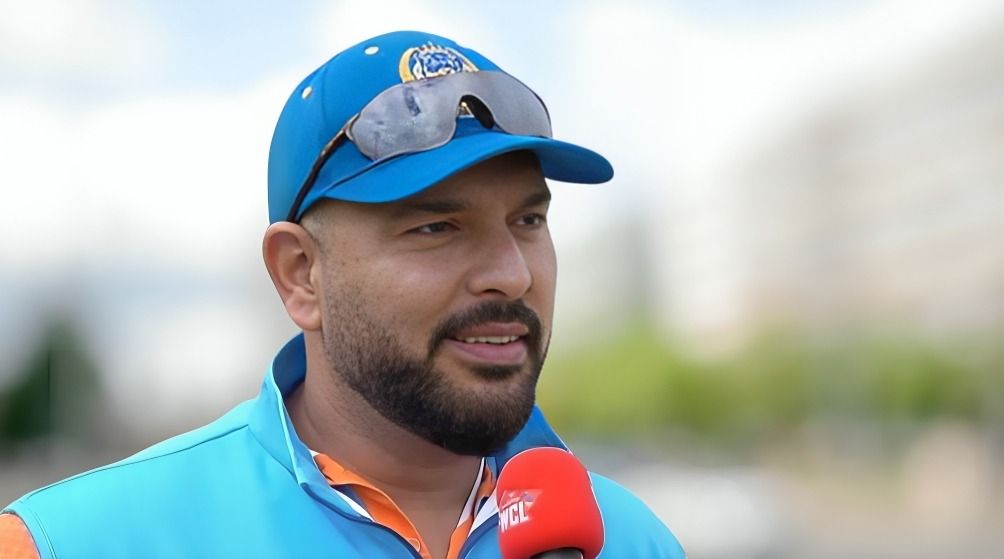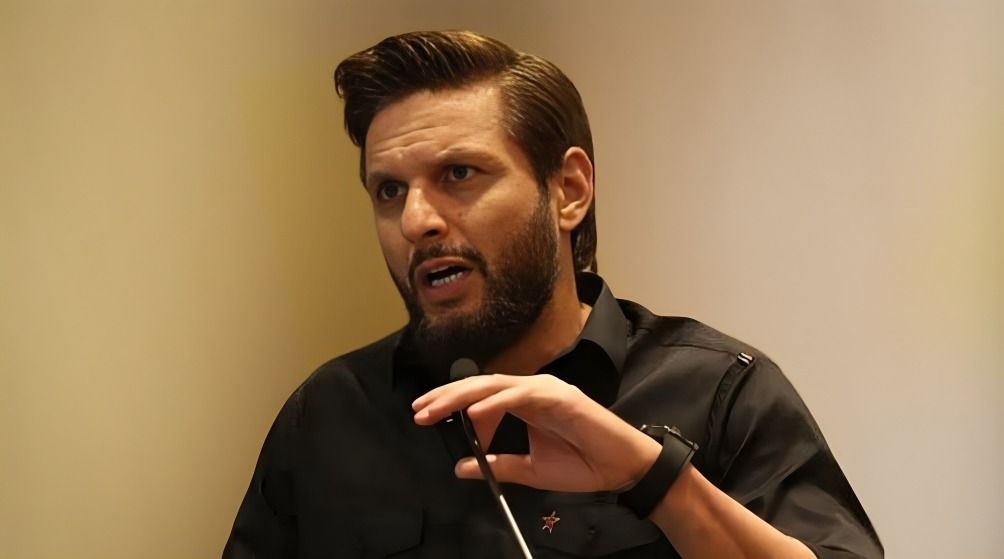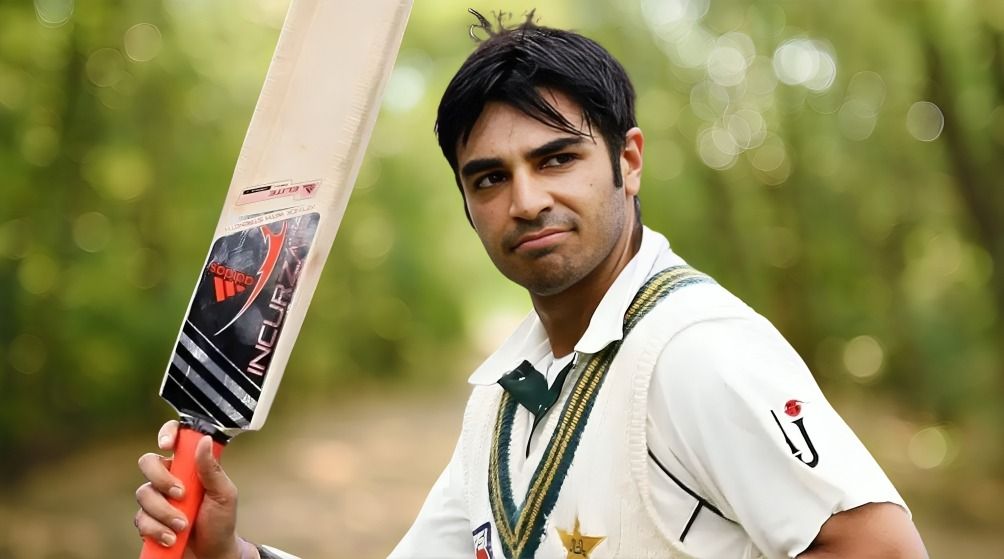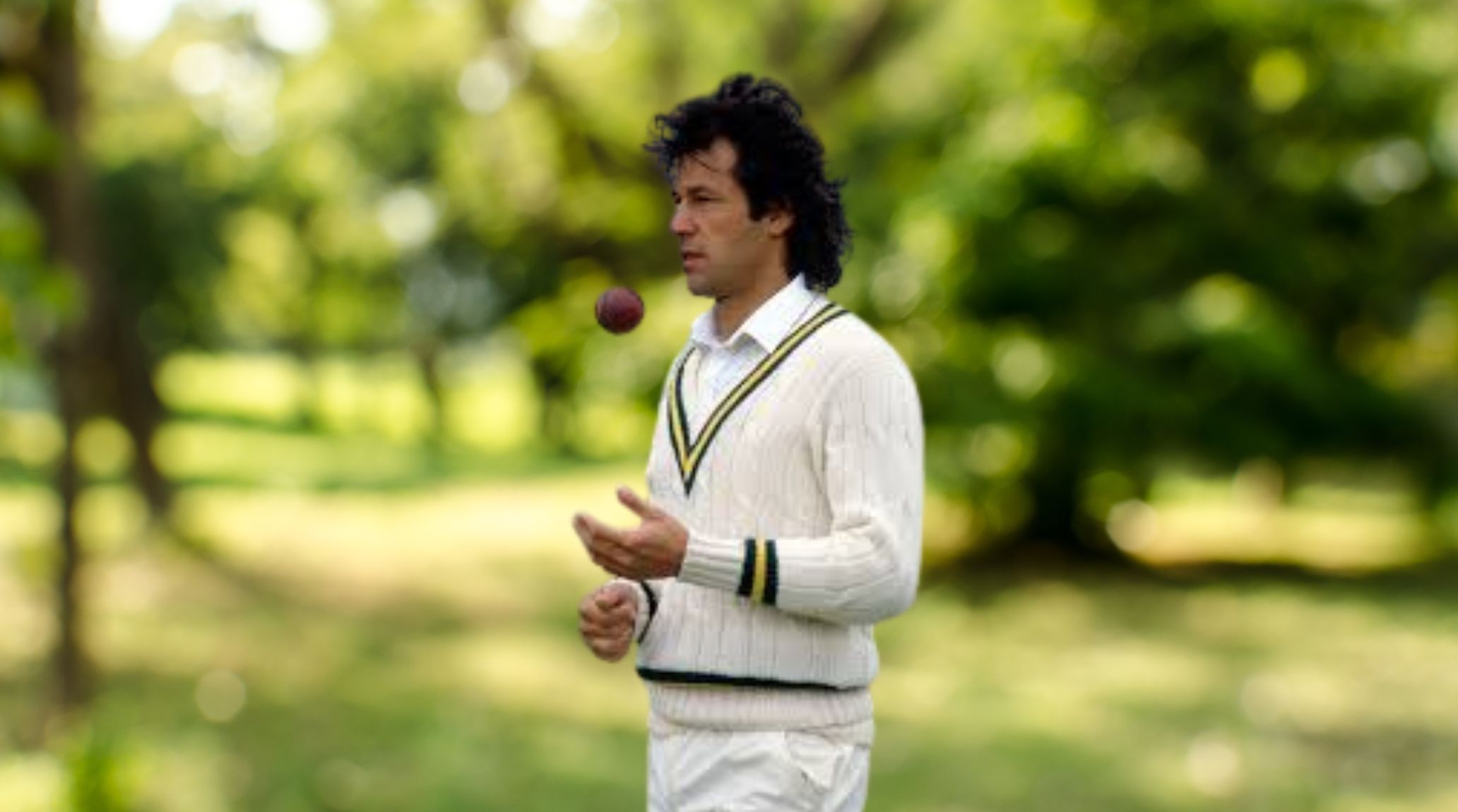
“
Imran Khan is a name that resonates across the globe, known not just for his achievements in cricket but also for his influential role in politics. As the captain who led Pakistan to its first-ever Cricket World Cup victory in 1992, and later as the country's Prime Minister, Imran's journey is full of remarkable moments. His life story is a blend of sporting triumphs, philanthropy, and political leadership. In this blog, we’ll dive into 20 fascinating facts about Imran Khan, offering insights into his cricketing career, personal milestones, and contributions beyond the field. Whether you admire him as a sports legend or a political leader, these facts will give you a deeper understanding of his multifaceted life.1
”
Imran Khan is the only cricketer in history to win both the Cricket World Cup and ascend to the Prime Ministership of his country, creating an extraordinary and unique dual legacy that few can match.1
In the thrilling 1992 World Cup final, despite enduring severe shoulder pain, Imran Khan bravely batted at number three, scoring a crucial 72 runs, leading Pakistan to its first-ever World Cup victory.2
Renowned for revolutionizing the art of reverse swing bowling, Imran Khan mystified the world’s best batsmen with his skill, solidifying his status as a true cricketing pioneer and innovator in the sport.3
With a career spanning over 21 years in international cricket, Imran Khan is one of the few players to achieve remarkable longevity and sustained success on the field.4
Although Imran Khan was offered numerous Bollywood acting roles due to his immense popularity, he firmly refused all offers, dedicating himself entirely to his cricketing career and leadership responsibilities.5
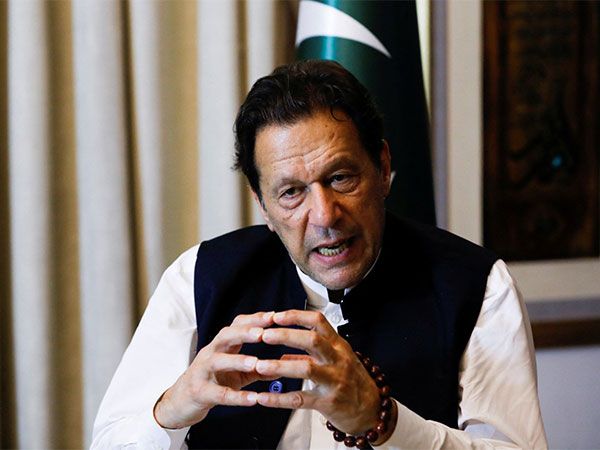
After retiring from international cricket in 1987, Imran Khan made a remarkable return in 1988 to captain Pakistan once again, showcasing his unmatched leadership qualities and profound influence within the team dynamic.
Imran Khan’s charity work is unmatched among athletes; his Shaukat Khanum Cancer Hospital is one of Pakistan’s largest charities, offering free cancer treatment to countless patients and families.6
In an incredible display of determination, Imran Khan played through the pain of a broken rib, taking five wickets against India in 1989, showcasing his extraordinary resilience on the field.7
By promoting young talents like Wasim Akram and Waqar Younis, Imran Khan transformed them into world-class fast bowlers, changing the landscape of Pakistani cricket and inspiring future players.8
Known for his superstitions, Imran Khan always wore his lucky sweater during matches, believing it brought him good fortune and contributed to his successes on the cricket field.9
Despite his cricket commitments, Imran Khan earned a degree in Philosophy, Politics, and Economics from Oxford University, demonstrating his academic prowess alongside his remarkable sporting achievements.10
Imran Khan earned the utmost respect of cricket legends like Viv Richards and Ian Botham, who regarded him as one of the greatest all-rounders to ever play the game, affirming his remarkable skills and contributions to cricket.11
In 1982, Imran Khan made history as Pakistan’s captain, leading the team to its first Test series victory against England on their soil, solidifying his leadership legacy.12
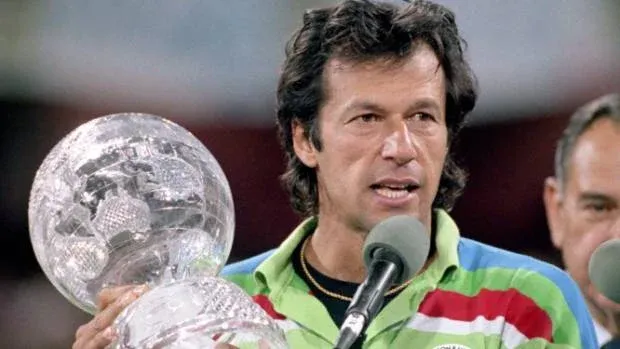
Following the historic 1992 World Cup win, Imran Khan dedicated the victory to his late mother, using the triumph as a means to fund the Shaukat Khanum Cancer Hospital in her memory and honor.
As the first cricketer to achieve the remarkable milestone of 300 wickets and 3,000 runs in Test cricket, Imran Khan established himself as one of the game’s finest all-rounders in its rich history.13
The Pakistan government honored Imran Khan with the Nishan-e-Imtiaz, one of the nation’s highest civilian awards, recognizing his significant contributions to cricket and public service.14
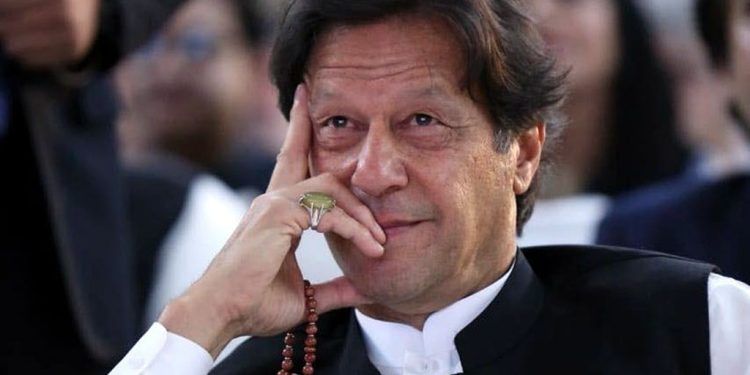
Revered as “The Lion of Lahore,” Imran Khan inspired countless young cricketers worldwide with his leadership and composure, leaving a lasting legacy as a fearless and respected captain.
He founded Namal College in Pakistan, providing free education to underprivileged students, showcasing his lifelong commitment to philanthropy and improving education access for future generations.15
Imran Khan played his final One Day International at age 39, making him one of the oldest cricketers to win a World Cup, which showcases his incredible fitness and unwavering dedication to the sport.16
Even after retiring, Imran Khan’s influence remained strong as he mentored young cricketers and offered valuable advice during major tournaments, enhancing his lasting impact on the sport.17
